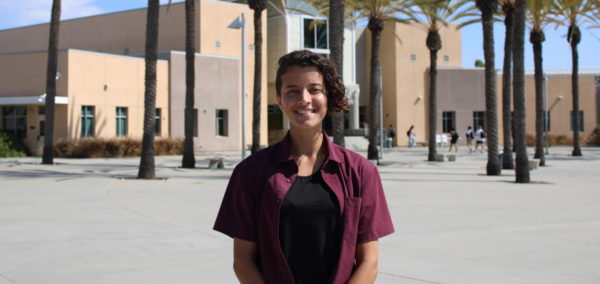I find meaning in mundane stories
February 10, 2023
Just a few days ago, my friends sat down to eat lunch together, and one of them immediately dove into great detail about something mundane—why she decided to use a different pencil in class. To some, it might have seemed like an uninteresting topic of conversation, but I was hanging on to every word.
When I was younger, I used to think that mundane stories or ones with small, seemingly insignificant details were pointless, unnecessary for me to listen to. As a kid, I would always favor running off to play games or read a book over listening to my family reminisce about moments from the past. Over time, however, I’ve come to realize how these small anecdotes can add up into something much more important. It’s through stories that I’ve been able to understand my friends and bond with them over shared ideas and experiences. Even a seemingly small story, like a friend talking about their homework or a sibling talking about their day, can bring people closer together and allow them to see a little more into each others’ worlds.
With my friend just telling me about her pencil, I was given insight into her day so far, how her classes were going, and her favorite color! So much information was gained from that one brief story and I felt that even in a small way, I was more connected with her.
On a much larger scale, storytelling is how we have grown to understand human history and the core values and ideas that have been passed down from one generation to the next. Though the medium of storytelling has evolved over the centuries from oral history to writing to digital communication, the ideas within have been preserved and can be used in the modern day.
At the core of storytelling is a desire to share an experience with another and by doing so, connect more deeply to that person to create a sense of community. And while we might not be consciously thinking about this when we tell someone about the new movie we just saw or the test we took, we are able to share and validate our individual experiences with each other.
Beyond personal stories from our everyday lives, stories that have been spread around the world over time can reveal the complexities of human interaction as well as provide us with a view of simple ideas that can be understood by everyone. For example, with popular short stories and fables, we can see human characteristics and life lessons that are applicable to almost everyone.
Sharing our stories brings us together, allowing us to make connections and find people with similar interests–even the long-winded, seemingly inane tangents we sometimes go on. With these stories, I’ve been able to build connections with others when we tell each other about experiences that we didn’t have together. I believe it’s a display of open-mindedness to be able to listen and appreciate someone else’s experience. In this way, the communication of stories is beneficial for all parties involved, and a strong bond can be formed between them as they allow themselves to be vulnerable. With every type of story, ranging from a seemingly insignificant detail of someone’s day to a literary classic, we can learn to understand each other better and open our minds to the world around us.


